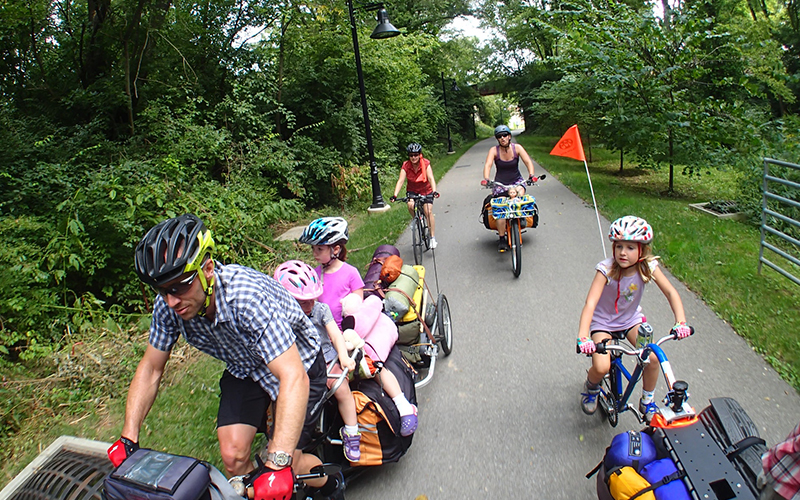
Camping is a great outdoor activity that can keep children away from their gadgets. Studies have shown that excessive use of gadgets such as smartphones, computers, and tablets has a negative impact on their cognitive and motor skills. That is why limiting their gadget usage and exposing them to outdoor activities by keeping them active will distract them and improve their physical wellness.
Though camping sounds enticing to some, most kids would throw a fit when they’re being asked to go outdoors. Here are some tips on how we can encourage our children to go camping.
1. Plan Ahead
Get the kids involved in planning, share camping stories, explain to them what it’s about and what they want to expect. Including them when planning will make them look forward to camping outdoors. Reading these books about camping would also help in explaining to your children what camping is about and could ease out any camping-related anxiety they might be experiencing.
2. Practice Camping at Home
If your children are new to camping outdoors, do a test run and try sleeping in a tent in your backyard first, this will allow them to configure sleeping arrangements ahead of time. Younger kids may seem to be a bit more worried about sleeping outside, camping in your backyard will help them feel less scared and will get used to sleeping in a tent.
3. Plan Meals and Snacks
Let your children help in planning, buying, and packing their food. Introducing them to camping traditions such as roasting marshmallows or cooking hotdogs over a fire would make them excited about the trip.
4. Involve Them in Camping Activities
Though setting up the tent and building the fire seem to be a hard task made for adults, letting your kids be involved and encouraging them to build it with you will make it a fun task. It is never too late to learn about something new no matter what age they’re in.
5. Introduce Them to Nature
Camping with kids is all about experiencing new outdoor things together such as learning about the wildlife, examining rocks, identifying birds or insects, etc. The trip would sound more enticing to children if they know that there’s a possibility of them seeing the animals or the wild in real life.
It’s hard for kids to show interest in camping especially in today’s digital generation, so it is up to you to show them. Remember that every kid is different, knowing what your child is interested in will help you plan the trip better. Once the planning is finished, make your camping trip fun and unforgettable memory with your family. Don’t forget to enjoy and make safety a priority. Happy Camping!
